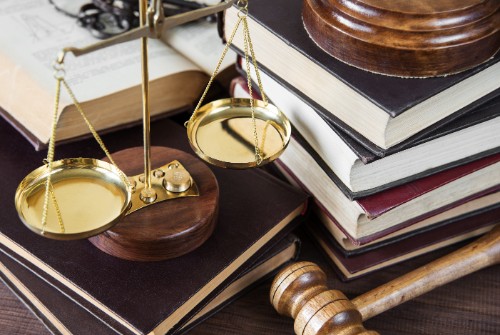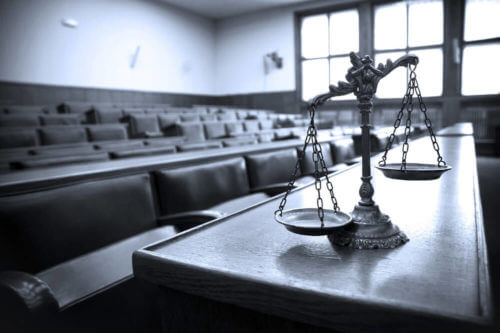As part of your representation, you should properly retain client files or dispose of them through appropriate means. It is a good idea to establish firm-wide guidelines for file retention. As in other areas of firm practice, more experienced attorneys should set the example. Of course, the file retention policy should also be specifically provided […]
Category Archives: Legal Malpractice
This month’s Legal Malpractice Avoidance Tip looks at the diligence required in actually choosing to represent a client… or not! In choosing whether or not to represent a client in a potential legal malpractice claim, one of the first questions to consider asking yourself is: Will You be Able to Competently and Diligently Pursue the […]
Regardless of what your jurisdiction’s ethical rules say about written fee agreements, it is always a good idea to have one with each and every client, for each and every engagement – no exceptions. In establishing the scope of your representation, a carefully thought out fee agreement is essential and may prove to be your […]
A general release, while signed by a particular individual, also releases other parties from any liability stemming from the underlying matter, whether those parties are named or unnamed in the release. The effects of a release can be far-reaching and unintended and can affect the rights of the client if the release carelessly relinquishes the […]
Sometimes I get calls from potential clients who wonder whether they can sue an attorney if they were not actually that attorney’s client, which raises an interesting question. Generally speaking, in order to maintain an action for legal malpractice, an attorney-client relationship is necessary. That’s the general rule, however, and there is an exception that […]
An attorney may form a privileged relationship with a client either expressly or implicitly. Attorneys owe a duty of care to their clients. However, under certain narrow circumstances, individuals who are not actual parties to a contract between attorneys and their clients may have standing to enforce this contract and thus sue the attorney for […]
When clients ask me as an experienced Media Legal Malpractice Lawyer, what types of damages they can expect to recover in a malpractice action. Clients often think of pain and suffering – which one can generally get in personal injury actions based on physical injury; however, those types of damages are not recoverable in legal […]
Years of practicing in the area of professional malpractice have taught me as an experienced Media Legal Malpractice Lawyer, that clients don’t always have a written fee agreement with their attorneys, and that brings to mind an important question. Is a written attorney-client fee agreement necessary to establish an attorney-client relationship? The answer to that question is […]
To succeed on a claim of malpractice against his or her current or former attorney, a plaintiff must demonstrate that he or she would have prevailed in the case in which the alleged negligent representation was committed. This is known as the “case within the case” or may be referred to as the “underlying matter.” […]









